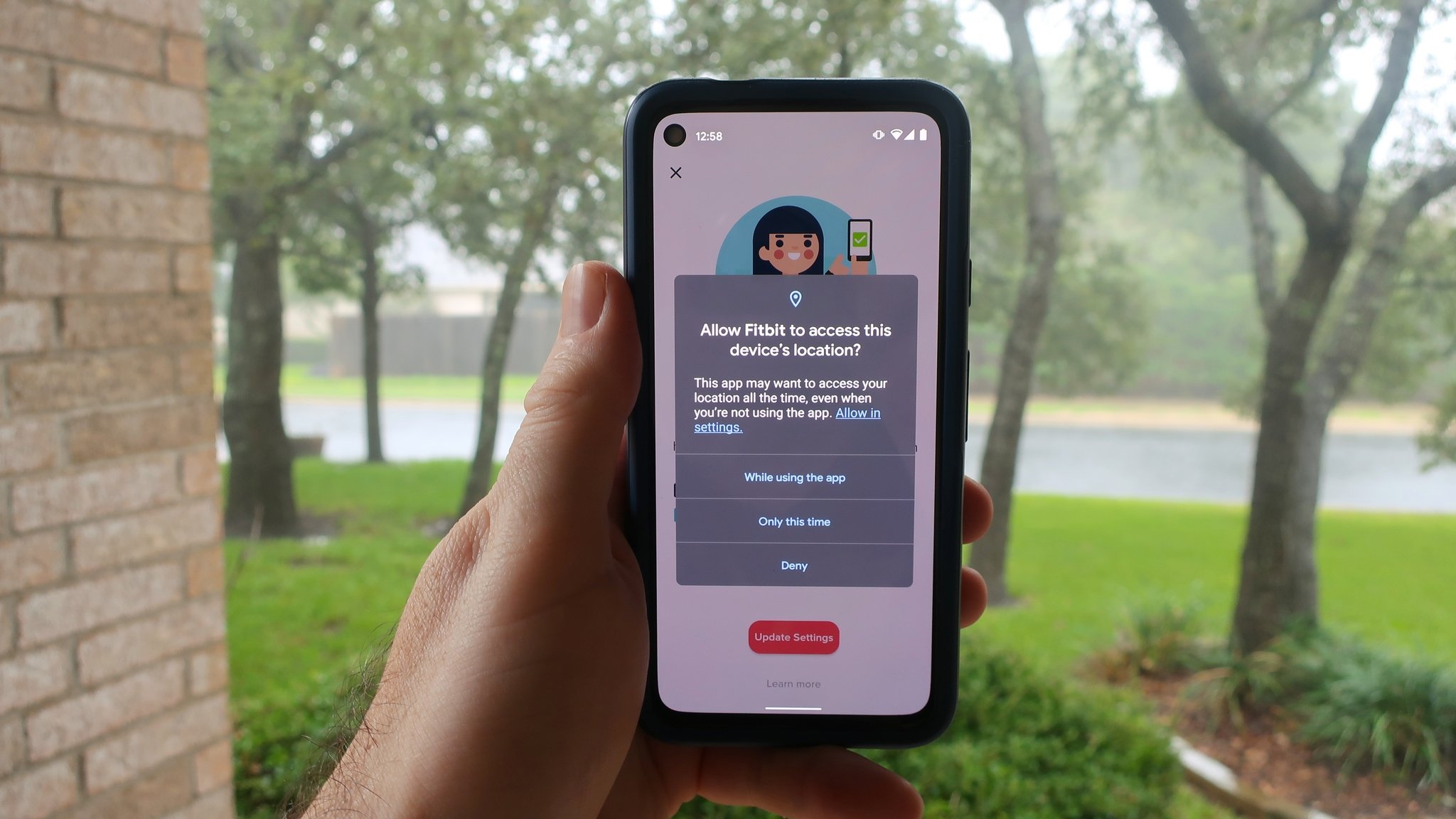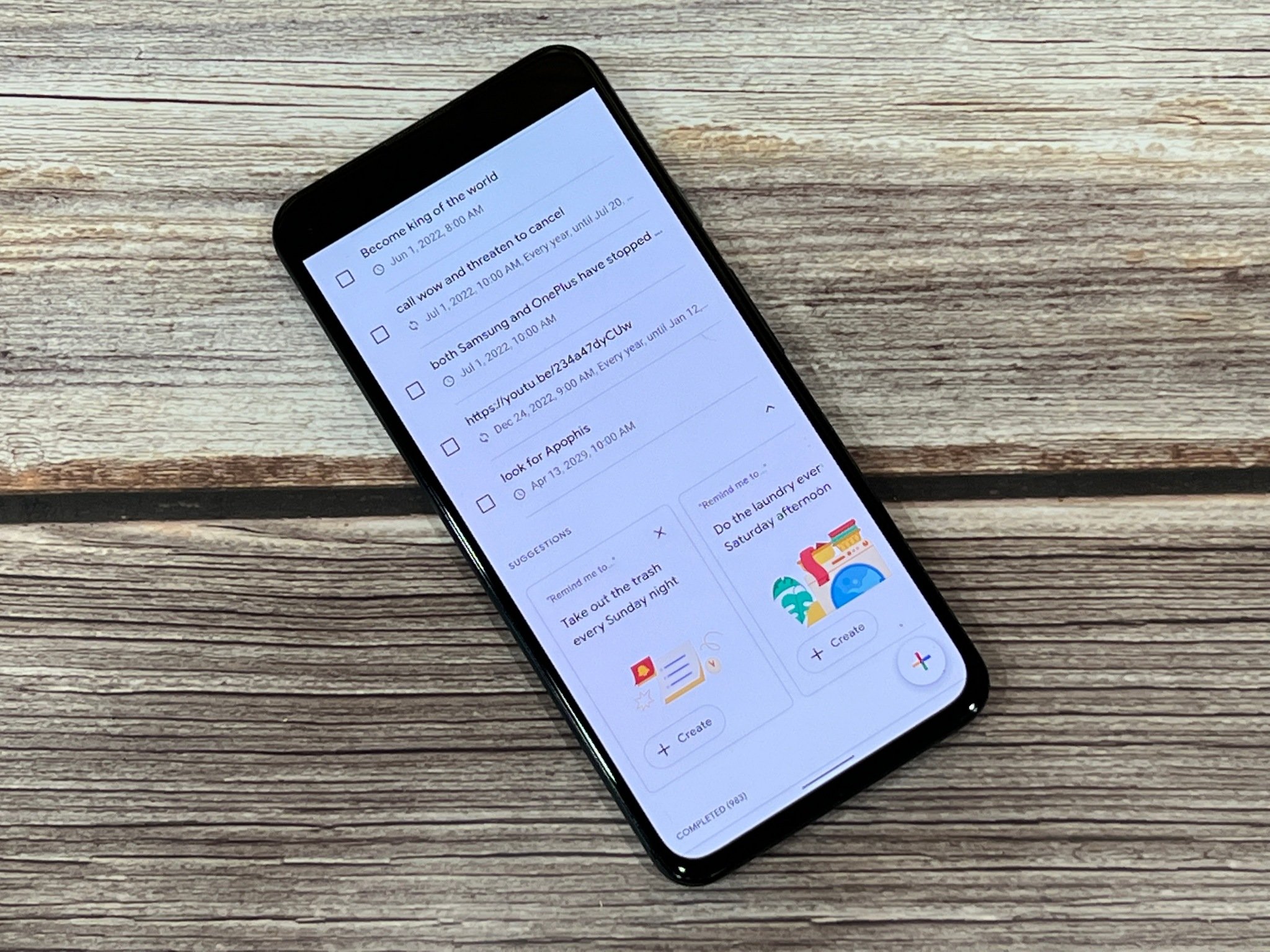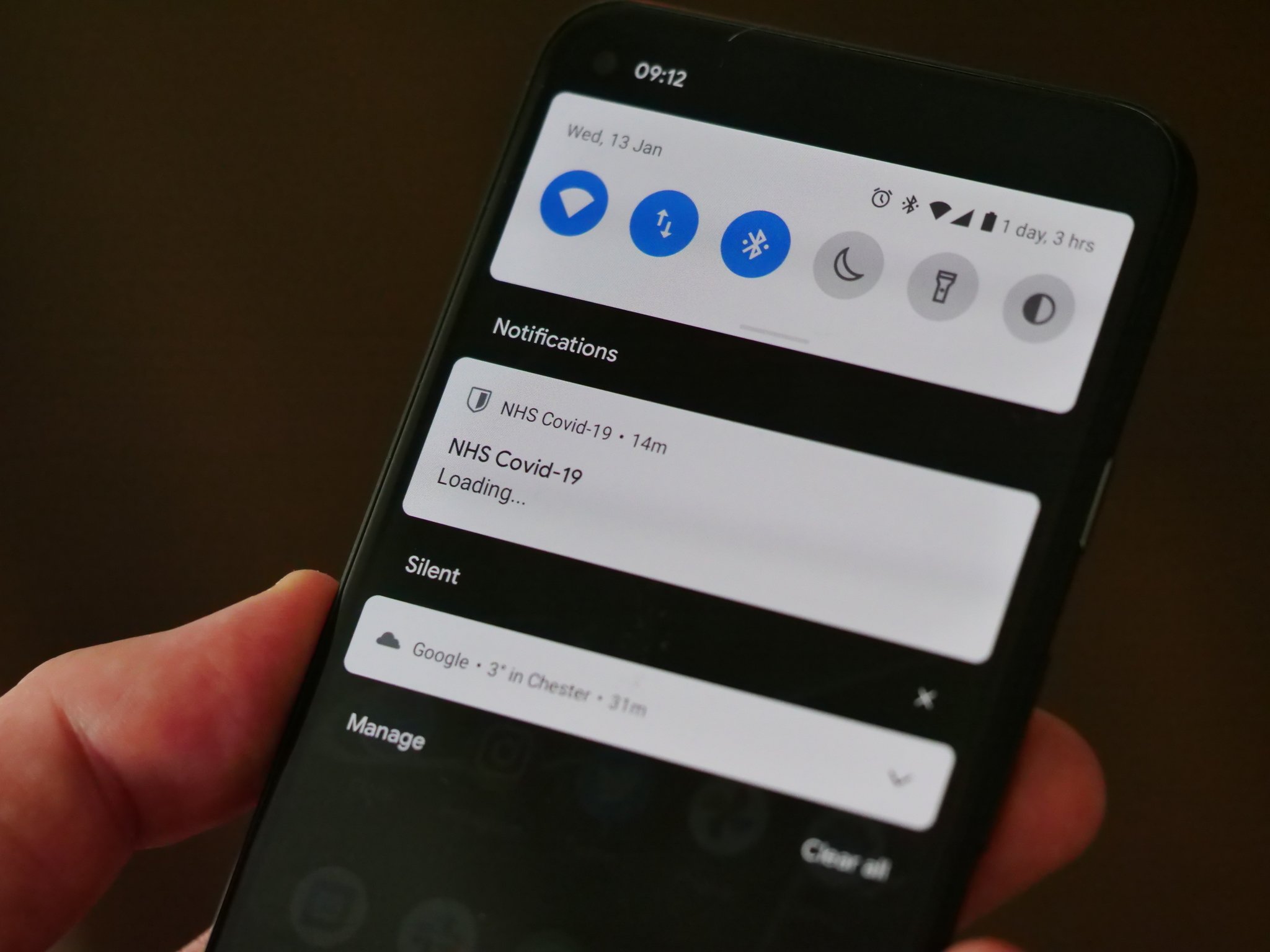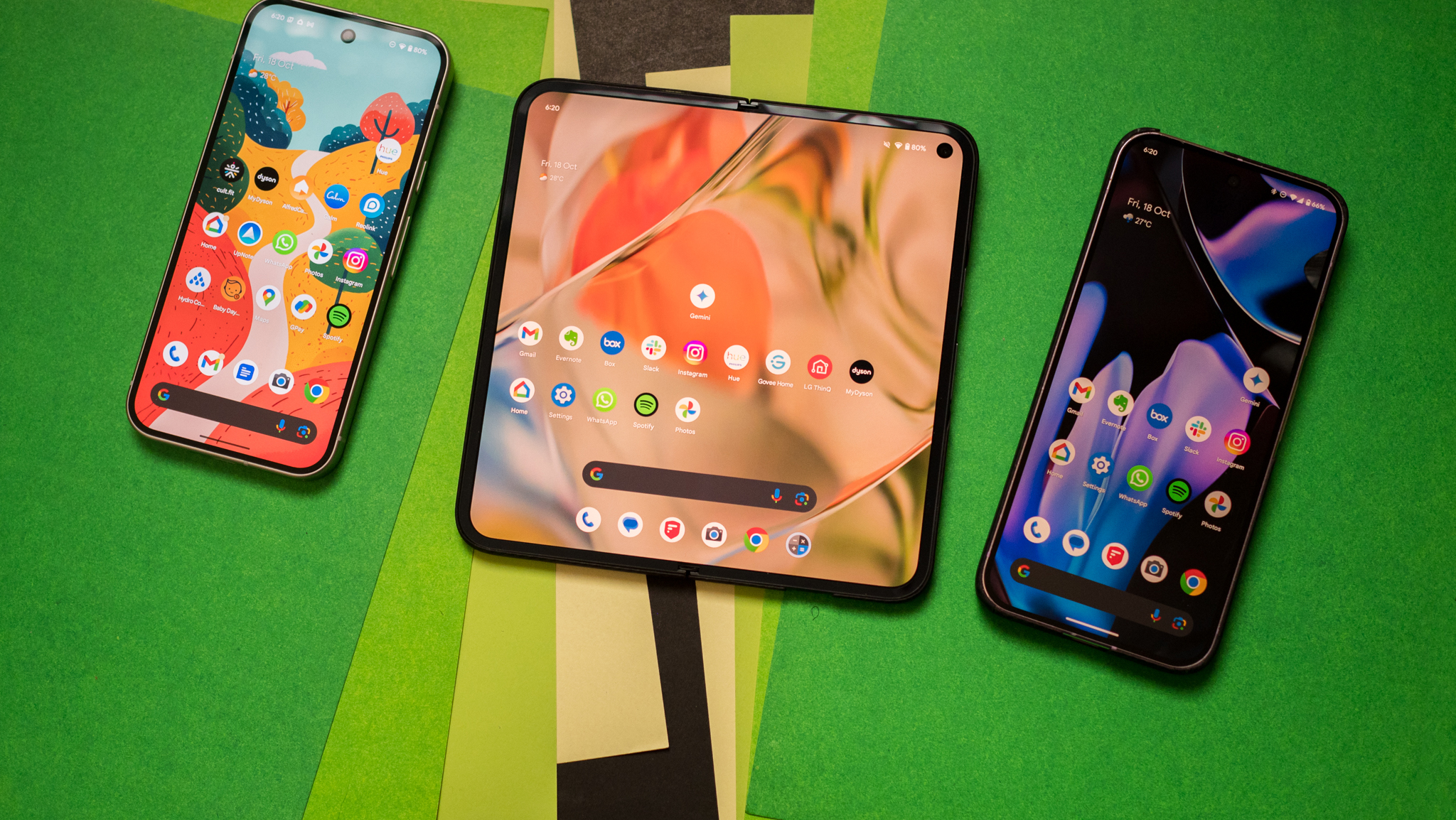Google and Apple's joint work for COVID exposure notifications is an idea worth keeping around
Apps may be leaving soon, but the idea was awesome.

Health Canada recently announced that it was decommissioning its COVID exposure alert app, and told users for both Android and iOS how and why they should safely delete it.
It was a good app, open-source, and respected user privacy. I'm not going to get into the weeds on how valuable it was or if now is the right time to get rid of it because I'm not even going to dig that hole.
But, I'm thinking about it from a different angle: How it tracked users' whereabouts without sending private user data to any sort of central server.
It took a pandemic to get Apple and Google to work together.
Google and Apple joined forces and did this in much of the same way. Your phone kept track of where you have been, as well as your COVID status. The app assigned your phone a generic ID that changed every 20 minutes, and communicated via Bluetooth with other generic IDs of people who had the app installed.
Your phone checked all the IDs it came in contact with every once in a while to see if any of them were from users who reported (to the app, not to a person) that they tested positive, and if you were in Bluetooth range to one of them, you were notified.
No names, no servers, no doctors, and most importantly, no big brother watching where you are and where you have been.
We need more of that on our phones.
Be an expert in 5 minutes
Get the latest news from Android Central, your trusted companion in the world of Android
Privacy is almost impossible

It's the 21st century, and almost nothing is private. Much of that is by choice: If you have a cell phone, whether a really great Android phone or a cheap flip phone, your phone carrier tracks your every move. If you use social media, those companies track your location and store data about you. The apps you download and install usually track you and also keep tabs on some of your activity.
Most people aren't concerned about this and feel like there is nothing we can do, and that they have nothing to hide. That's not a bad take — there really isn't much we can do and most of us aren't living some sort of criminal double life. But that doesn't mean we should just accept it, especially since both Apple and Google have shown us there is a better way to use our location data to benefit us instead of them.
You don't have to share everything.
Regardless of your thoughts about how the COVID-19 pandemic was handled, we all can see that the emergency aspect of it all is winding down. Eventually, all of the various COVID exposure apps will be phased out, including ones using the joint Google-Apple solution. But I hope the framework behind it all lives on in every single Android and iPhone.
There are plenty of good reasons to keep tabs on your phone's location. Whether you just want to find your phone when you lose it, or something more serious like a natural disaster with people missing, having a way to know where a phone is (and the person whose pocket it's in) can be beneficial.
Keeping it private without Apple, Google, or your phone company storing it away so they can monetize it in the future is really important. The COVID exposure system did just that; with further work, it could be developed into something that does more.
There's money in it

It wouldn't be only beneficial for us, either. A cool thing some apps for retailers can do is remind you that you need something when you park in front of one. To do that, the app on your phone sends your location to a server which then sends you a notification. Usually, none of that is anonymous, and both Target or Trader Joe's as well as advertisers and application developers have an excellent history of the times you visited — And what you are buying.
A "privatized" location system could benefit everyone.
Retailers love this because data is currency. They make money by reminding you to buy the things you like the same way Google makes money by showing you ads for things you like. If the Walmarts of the world could also make money from the people smart enough to disable location tracking for their apps, they would be just as happy. They don't need to know who you are to find creative ways to sell you some stuff.
On a more serious note, imagine one of those wearables designed for kids which used a system like this for better Amber alerts. Or an industrial site that builds a smart employee ID badge that could let responders know who isn't missing in case of an accident. The ways actual anonymous location can be handled rival the ways non-anonymous location is.
Its hard to go back

This is likely just pie-in-the-sky thinking on my part. Change costs money, and even though we see things like "privacy nutrition labels" or one-time permissions, big tech is keen to track our whereabouts as often as they can. That's why you see the headlines about companies in hot water from various governing bodies over it.
But now that we know our location and its history can be done on our phones and anonymously, while still being part of something larger, the cat is out of the bag. Let's hope they don't try to stuff it back in.

Jerry is an amateur woodworker and struggling shade tree mechanic. There's nothing he can't take apart, but many things he can't reassemble. You'll find him writing and speaking his loud opinion on Android Central and occasionally on Threads.
